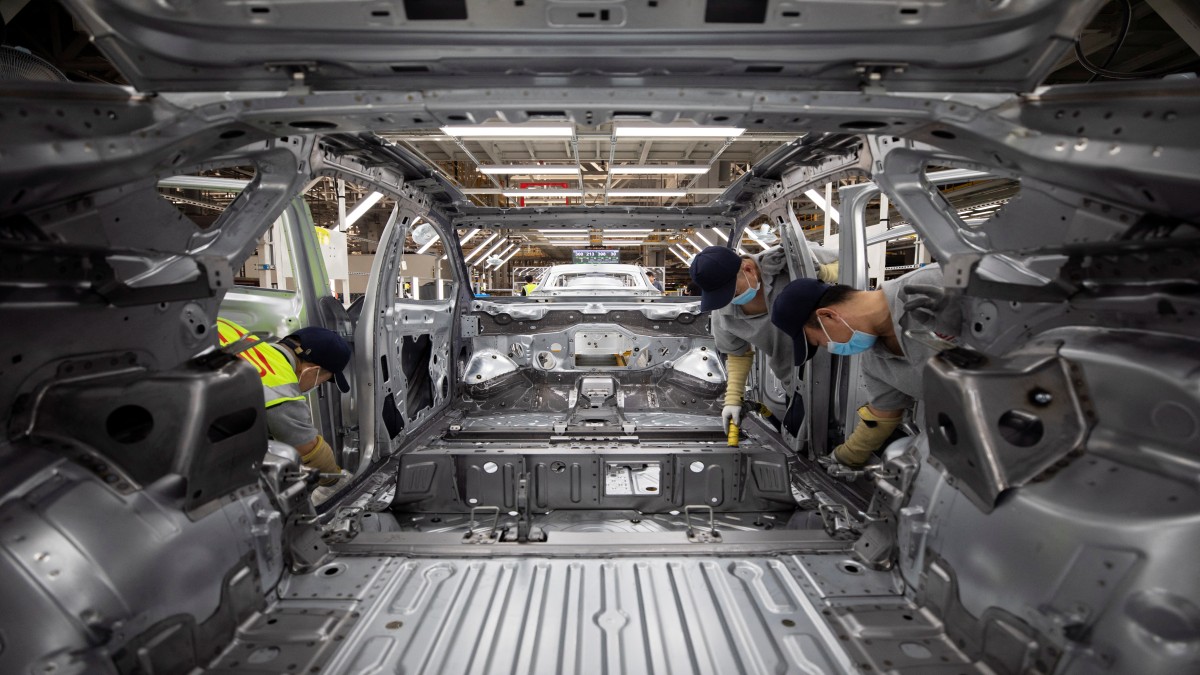Disagreements between the European Union member states started to emerge as the regional body geared up to face a pivotal vote on whether to impose tariffs up to 45 per cent on imports of Chinese-made electric vehicles. The European Commission, which oversees the bloc’s trade policy, proposed the controversial final duties for the next five years to counter what it calls “unfair Chinese subsidies.”
However, the tariff hike is not sitting well with some of the member states, two of the prominent critics of the move are Hungary and Germany. Earlier this week, Hungary said that it would veto the EU proposal, calling the plan “harmful and dangerous”.
Shortly before the voting, four German officials stated that they would also oppose EU duties on Chinese electric vehicles. The remarks came days after Chancellor Olaf Scholz managed to strong-arm his Green coalition partners into doing his bidding against the move. Here are the 9 things to know about the tussle over the tariffs.
9 things about the EU’s dilemma over tariffs on Chinese EV
The EU members are planning to impose a 45 per cent tariff on the import of Chinese-made EVs and the move is touted as the bloc’s highest-profile trade case, which risks retaliation from Beijing.
The move came after the bloc conducted and year-long anti-subsidy investigation in which they saw unfair subsidies provided to Chinese firms in the market.
The EU proposal can be blocked if the majority of 15 EU member states vote against it.
As of now, officials from France, Greece, Italy and Poland confirmed that they would vote in favour of the move, which is enough to avert a blocking majority against tariffs.
The tussle became concerning after the region’s top economy and major car producer, Germany said that they would vote against the introduction of tariffs. It is pertinent to note that Berline had abstained in the first non-binding vote on the proposal in July.
Germany has been on the opposing side since the country’s carmakers, for which China represents almost a third of their sales, have been particularly vocal against tariffs. Volkswagen called it a “wrong approach”.
Hungarian Foreign Minister Peter Szijjarto also called the plan harmful and dangerous. Hungarian Prime Minister Viktor Orban warned on Friday that the EU was headed for an “economic cold war” with China.
Meanwhile, Spain’s economy minister, a previous tariff backer, also said in a letter to European Commission Vice President Valdis Dombrovskis, seen by Reuters on Thursday, that instead of imposing tariffs, the EU should “keep negotiations open… beyond the binding vote” to strike a deal on prices as well as the relocation of battery production to the bloc. The comment came after the country’s Prime Minister Pedro Sanchez said on a visit to China that the EU should reconsider its position.
Now, it will be interesting to see whether the body will approve the proposal and how China will be reacting to it.
With inputs from agencies.
)